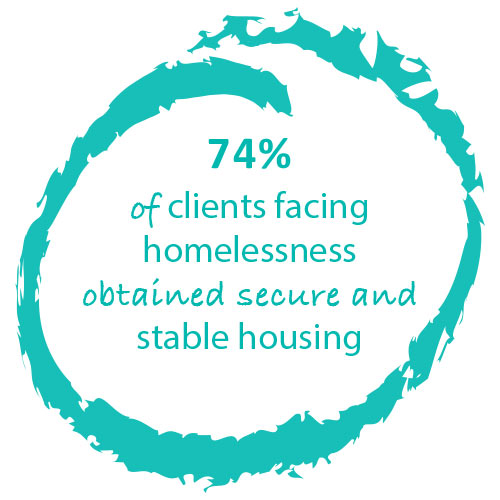
Red Cross wants all Australians to be healthy and valued members of their communities. We work with people in times of need, people who miss out on many of the opportunities most of us take for granted.
We provide services for people who are disconnected from their communities, particularly focusing on people who are homeless, have mental health issues, are in contact with the criminal justice system or are older and isolated. We also work with Aboriginal and Torres Strait Islander peoples who are overrepresented in most key vulnerability indicators.
Our strategy is to provide people with the knowledge, skills, resources and support needed to have control over their lives; support people to make connections with networks and communities; and influence policy and community attitudes to promote social inclusion and participation.
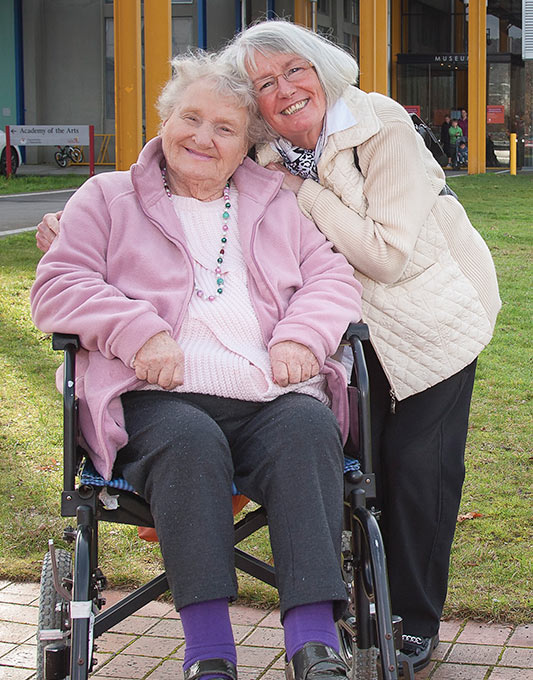
Until she met Red Cross volunteer Pauline, Rose rarely left the house. Now the pair have a great connection, and regular visits and outings are making Rose happier and healthier. “I feel better in myself,” says Rose. “When I go out I feel like I’ve done something with my life, instead of sitting in the house all day.”
Australian Red Cross/Alia Coates
A report by the Australia Institute found that older people who say they are lonely have a 14% greater risk of dying prematurely, meaning that loneliness is twice as likely to cause an early death as obesity.* It has the same impact on health as smoking 15 cigarettes a day or consuming six standard drinks a day.^ We provide daily check-in phone calls for older or otherwise vulnerable people to reduce loneliness and provide meaningful social connections. We recently commissioned an independent evaluation of our phone-based social services, using a social return on investment methodology. The review found that for every dollar invested in the services, two dollars of social and economic value was created. People who used the services had peace of mind knowing that their wellbeing and safety would be checked daily, while volunteers making the phone calls reported feeling a sense of purpose and fulfilment because of their involvement.
We use a place-based approach in delivering many of our services, which means tailoring our support to the unique needs of various communities. In Woorabinda, an Aboriginal community in central Queensland, we have been working with young people to build their self-esteem, using multimedia and music to tell their stories. We also supported local young people to access opportunities outside the community, including boarding schools and further training that weren’t available locally. Five years on from our entry into this community, data from the Queensland Department of Justice and Attorney-General shows the number of young people subject to youth justice orders in Woorabinda has decreased by 63%. We have received positive feedback from locals that our initiatives have contributed to a solid community-wide effort to reduce youth crime.
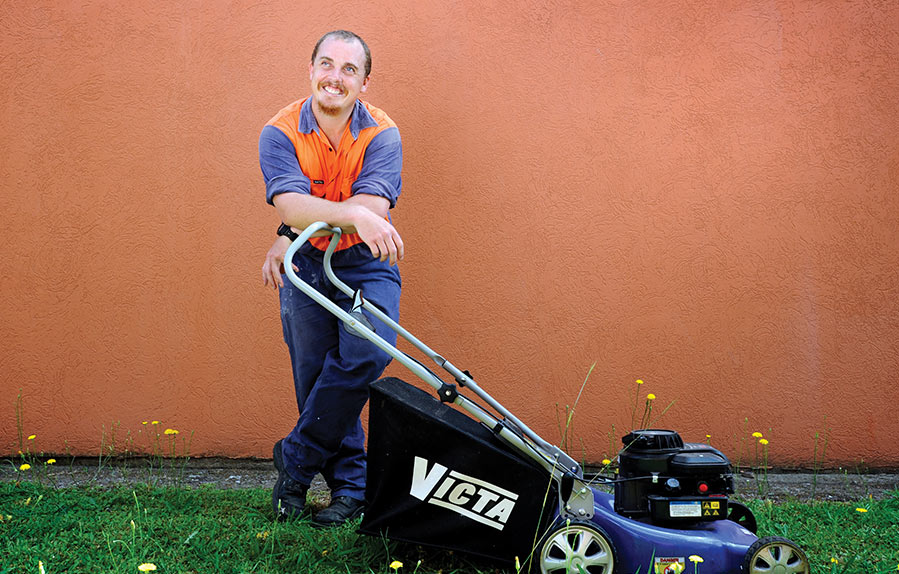
Joseph Lynch says after a lifetime of pain, abuse and mental illness he’s finally back on track, thanks to Red Cross’ support. When Red Cross came into his life, he says, “I realised the world wasn’t so lonely.” Joseph has built a trailer which tows his lawnmower around on the back of his bicycle, allowing him to work and generate an income.
Australian Red Cross/Renae Droop
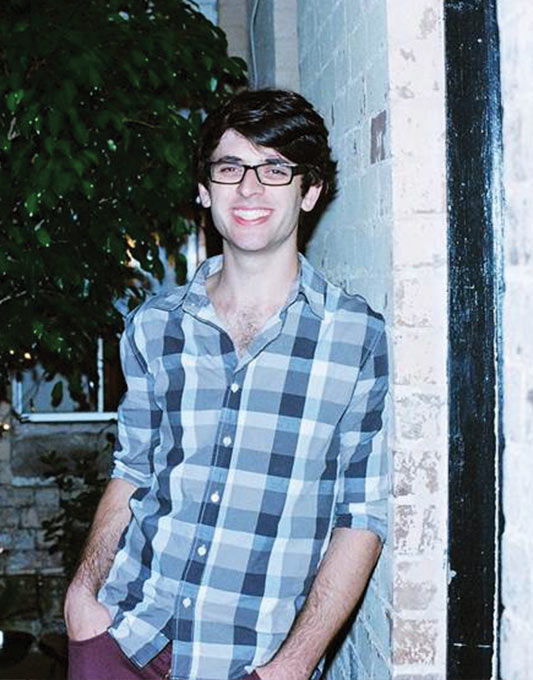
“The Telecross program is awesome. There are so many excluded or isolated older people in our communities, and it’s nice to see people try to make them feel more included while also checking in on them in a really practical way.”
Ben Haddad, Chair of the NSW Youth Advisory Committee and Red Cross member
We offer recovery and support services for people with mental health issues in seven locations across four states and territories through the Personal Helpers and Mentors Scheme, delivered in partnership with the Federal Government. This year we supported 16% more people and our associated specialist employment service on Queensland’s Fraser Coast became fully operational. This service provides support for people with mental health issues to access education and training and to find work.
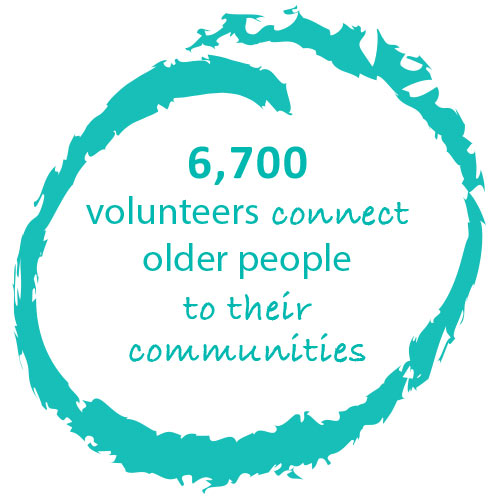
The community services sector is in a period of transformation, undergoing reforms in aged care and disability services as well as reviews of mental health and housing sectors. At Red Cross we are making changes to our systems and processes to ensure we continue to deliver quality services in these new environments.
* Christina R. Victora & Ann Bowling, A Longitudinal Analysis of Loneliness Among Older People in Great Britain, The Journal of Psychology: Interdisciplinary and Applied, Volume 146, Issue 3, 2012
^ Julianne Holt-Lunstad & Timothy Smith, Social Relationships and Mortality Risk: A Meta-analytic Review, Public Library of Science Medicine, 29 July 2010
